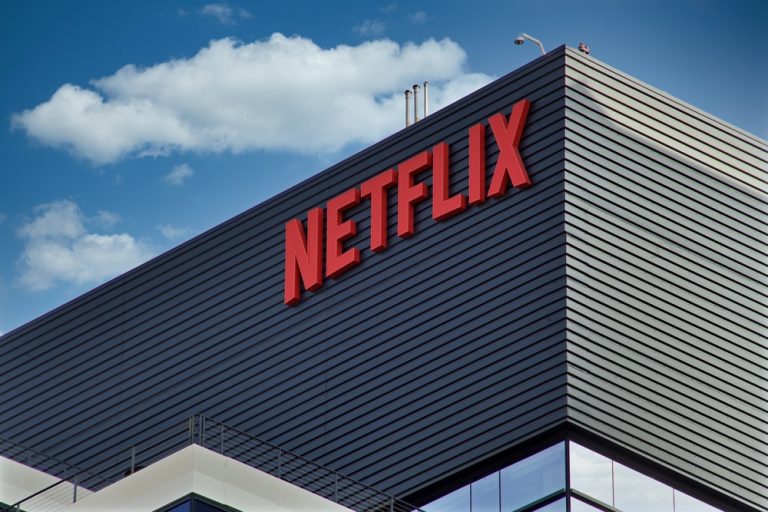Netflix’s ambitious expansion into gaming has hit its first major roadblock. The streaming giant quietly shuttered one of its game development studios, marking the first closure in the three years since it entered the gaming industry. This unexpected move raises questions about the future of Netflix’s broader gaming strategy and its ability to compete in the highly competitive gaming market.
Blue Studio Shuttered Before AAA Game Release
The closed studio, known as Blue, was once seen as a key player in Netflix’s attempt to create AAA games—large-scale, high-budget titles that would compete with industry heavyweights. In 2022, Netflix brought on former Overwatch executive producer Chacko Sonny to lead the studio, and Blue quickly recruited industry veterans with experience on blockbuster franchises like Halo and God of War.
Blue was reportedly working on an original IP, a multi-platform AAA game, but the studio was shut down before the project could be announced or completed. This marks a significant setback for Netflix’s gaming division, which had high hopes for Blue’s potential to deliver a standout title. While Netflix confirmed the closure, it did not elaborate on the reasons behind the decision.
A Changing Landscape for Netflix’s Gaming Expansion
Netflix’s journey into gaming began in 2021, starting with a collection of hyper-casual mobile games aimed at supplementing its streaming service. Over the past two years, the company has steadily expanded its offerings, releasing mobile versions of iconic games like Grand Theft Auto and Hades, as well as developing its own exclusives like Oxenfree II: Lost Signals and Cozy Grove: Camp Spirit.
To support its gaming pipeline, Netflix has made several strategic acquisitions and launched new studios. Its acquisitions include a mobile game studio in Helsinki and Cozy Grove developer Spry Fox, and it even opened a new studio in Southern California. However, the closure of Blue suggests that Netflix may be rethinking its expansion strategy, especially in regard to high-budget AAA games.
Rethinking AAA Gaming Ambitions?
The closure of Blue could indicate that Netflix is reconsidering its grander ambitions in AAA game development. While its gaming catalog has grown in recent years, much of it remains focused on mobile and casual gaming experiences, with relatively few high-profile titles aimed at core gamers. The challenge of competing with established gaming giants like Microsoft, Sony, and Nintendo may have proven to be more difficult than anticipated.
Netflix’s ability to deliver AAA-quality games will be crucial if it hopes to stand out in an industry dominated by experienced developers and publishers. The streaming platform’s future in gaming may depend on whether it can find a way to balance its current mobile and casual gaming offerings with the production of more substantial, high-quality games.
A Focus on Mobile and Indie Titles Moving Forward?
Despite the setback, Netflix’s commitment to gaming is unlikely to wane completely. The company’s gaming lineup continues to grow with mobile exclusives and internally developed titles that fit well with its existing streaming platform. Games like Oxenfree II and Cozy Grove have found an audience among Netflix subscribers, and the company may choose to focus more on these types of games moving forward.
The closure of Blue could signal a strategic shift away from high-budget, AAA titles and a renewed focus on smaller, more manageable games that can be integrated into the Netflix ecosystem. By leveraging its streaming platform and vast user base, Netflix may still find success in gaming, even if its AAA ambitions are put on hold.
Netflix’s closure of Blue may be a blow to its AAA gaming aspirations, but it doesn’t spell the end of the company’s gaming journey. With a growing catalog of mobile and indie titles, Netflix still has opportunities to carve out a niche in the gaming industry. However, this latest development highlights the challenges the company faces in competing with established gaming giants. Moving forward, Netflix will need to reevaluate its gaming strategy and decide whether it can still pursue large-scale titles or focus on building a strong foundation with smaller, more accessible games.


